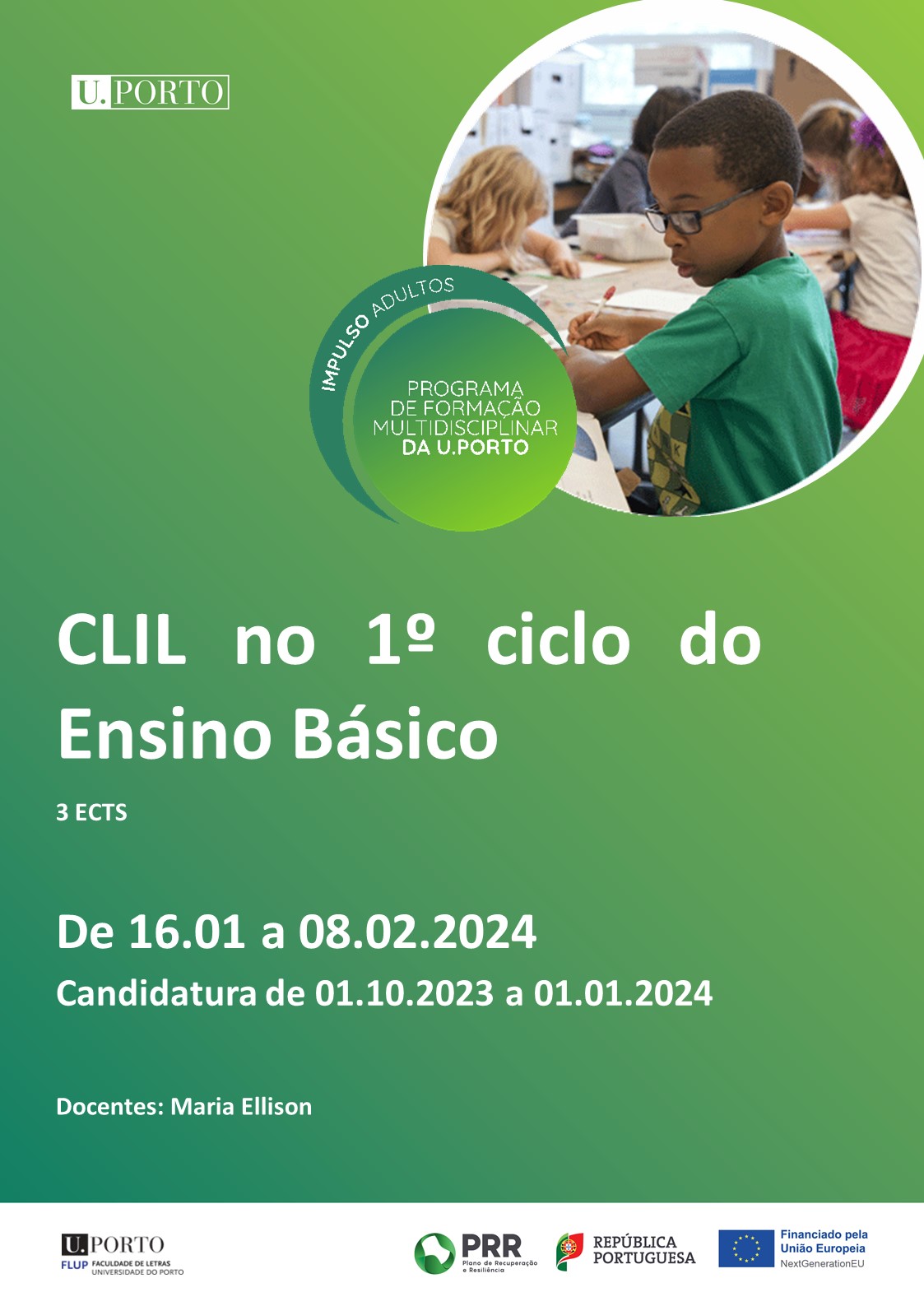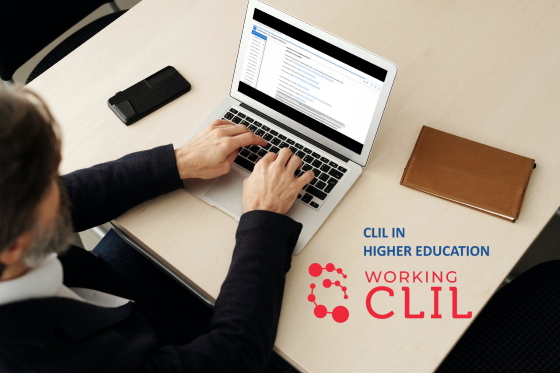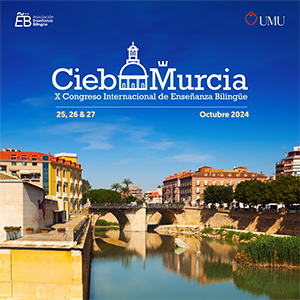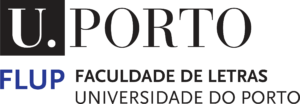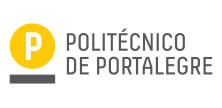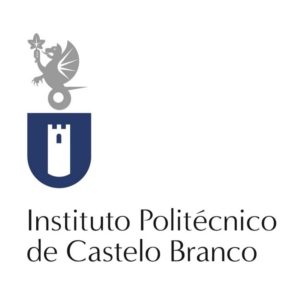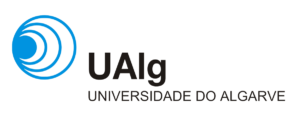Working CLIL
Working CLIL – a research strand of the area Teacher Education and Applied Language Studies – TEALS, at CETAPS – brings together practitioners, researchers and teacher educators to address core issues in CLIL/Bilingual education across educational levels in Portugal and beyond.
Read more
Global drivers of change have placed new demands on society to equip citizens with skills and competences which enable them to access, transform, create and communicate knowledge effectively. The ability to understand and use multiple languages is central to this. In educational spheres, this is manifest in teaching, learning and researching in multilingual, multicultural environments which necessitate an awareness and appreciation of the role of language(s) and culture(s) in all subjects (Beacco et al., 2016), and the recognition that the integrated teaching and learning of language and subject content is essential in the development of a broad range of literacies.
Content and Language Integrated Learning (CLIL) has emerged as a dual-focused educational approach which acknowledges these dimensions in the use of additional languages for teaching and learning. CLIL is practiced under many guises across the world and is particularly prolific in Europe. The Working CLIL Research Strand of TEALS recognises the recent growth of CLIL/bilingual education across school levels in Portugal (Eurydice, 2017), and English Medium Instruction (EMI) and Integrating Content and Language practices in Higher Education (ICLHE) (Wächter and Maiworm, 2014; Dearden, 2014) fuelled by internationalisation strategies which have placed a premium on English as the academic lingua franca. All of this necessitates continuing professional development for teachers, and examination of the phenomenon in order to provide for a stronger research base in the national context.
Working CLIL involves the exploration of practices which integrate content and language learning across educational levels. We are cognisant of the broad spectrum of CLIL in terms of models, participants and practices, and of the associated field of languages for specific purposes. Added to this are the challenges and opportunities it affords interdisciplinary collaboration, and the development of new perspectives and ways of working.
Through the formation of Working groups of members and collaborators, we aim to address core issues in CLIL/bilingual education in Portugal such as: the profile of the CLIL teacher; assessment of students; quality assurance in projects. Through these and the independent and collaborative studies of members and collaborators within and across other research strands of TEALS, Working CLIL seeks to promote change in educational endeavours through the new synergies it creates, which may in turn, generate effective, quality practices in compulsory schooling and higher education.
References
Beacco, J. C., Fleming, M., Goullier, F., Thurman, E. and Vollmer, H. (2016). A Handbook for Curriculum Development and Teacher Training: The Language Dimension in all Subjects. Council of Europe.
Dearden, J. (2014). English as a Medium of Instruction – A Growing Global Phenomenon. British Council.
Eurydice. (2017) Key Data on Teaching Languages at School in Europe 2017. Eurydice
Wächter, B. and Maiworm, F. (Eds.) (2014). English-Taught Programmes in European Higher Education: The State of Play in 2014. Lemmens.
Highlights
Working CLIL Member Institutions
CETAPS – TEALS Working CLIL Research Group

Contact us
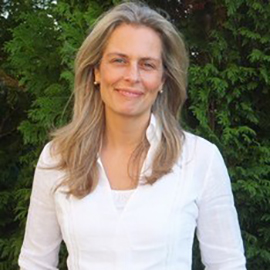
Dr. Maria Ellison
Working CLIL Convener
Departamento de Estudos Anglo-Americanos
Faculdade de Letras da Universidade do Porto
Via Panorâmica, s/n, 4150-564
Portugal
TEL.: +351 226 077 100

